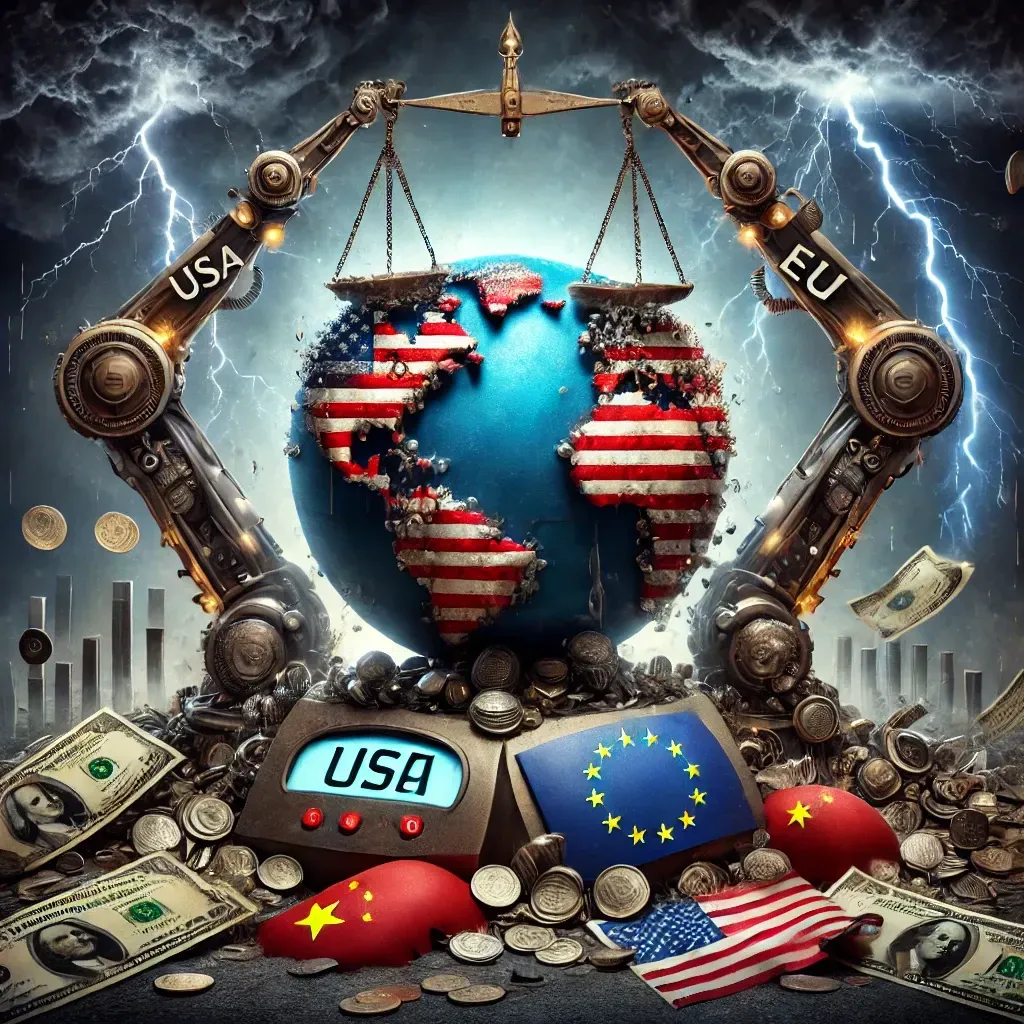The future of data transfers between Europe and the United States is more uncertain than ever. European companies must act now to avoid suffering the consequences of a sudden breakdown of these strategic data flows.
An Imminent Threat to the Data Privacy Framework
The Data Privacy Framework (DPF), designed to provide a stable legal framework for the transfer of personal data to the United States, is now at risk. Like its predecessors, Safe Harbor and Privacy Shield, it faces the threat of invalidation following the first decisions of the Trump administration. Max Schrems, the initiator of the Schrems I and II rulings, has already warned:
“The first waves of Trump’s decisions could dismantle the TDPF, throwing EU companies into a legal nightmare.”
Questioning the Legality of Transfers
The DPF is based on a mechanism intended to ensure that European citizens can exercise their data protection rights. In the United States, a bipartisan oversight agency, equally composed of Republicans and Democrats, is responsible for ensuring compliance with commitments made to Europeans.
However, at the end of January, Donald Trump dismissed all Democratic members of this body, disrupting its political balance.
This raises a crucial question: will the Republicans, now solely in control, genuinely uphold the rights of European citizens? If not, the downfall of the DPF is inevitable. This legal uncertainty places European businesses in a highly vulnerable position.
A Context of Escalating Trade Tensions
At the same time, tensions between the EU and the United States are intensifying. Donald Trump’s push to impose a 25% tariff on certain European products is bringing data flows to the center of upcoming trade negotiations.
The risk of these transfers being blocked or becoming extremely complicated is no longer just a hypothetical scenario. We have already witnessed a similar situation in 2022 when the CNIL ruled that the standard use of Google Analytics was non-compliant due to the invalidation of Privacy Shield.
Are we about to relive the same large-scale legal entanglement, this time spanning from the USA to China?
Potential Consequences
If data transfers to the United States and China become illegal or are subject to severe restrictions, the consequences will be significant:
• Disruptions to essential services: Many European companies rely on American cloud services and software. A breakdown in these transfers could lead to service interruptions or even make certain strategic tools unusable.
• Increased legal complexity: The uncertainty surrounding the legality of transfers could force companies into a regulatory dilemma: comply with GDPR rules or adhere to obligations imposed by U.S. laws like the Cloud Act.
• Heightened technological dependency: In the absence of a well-structured European alternative, many companies could find themselves stuck, struggling to migrate their infrastructures while facing a more fragmented market.
• Threats to data confidentiality: Without a stable legal framework, personal data could be exposed to unauthorized access by foreign authorities, directly violating the protection principles advocated by the European Union.
Anticipating to Avoid a Crisis
It is crucial for every European company involved in personal data transfers to the United States to take immediate action:
• Identify and map all transatlantic and Sino-European data flows
• Secure alternative European solutions that are sovereign and GDPR-compliant
• Implement backups and establish a mitigation strategy in case of transfer disruptions
• Assess and anticipate the financial impact of migrating data to compliant solutions
The question is no longer whether these restrictions will happen, but rather when and to what extent.
Europe at a Critical Turning Point
Are we ready to ensure the sovereignty of our data and compliance with European laws? This is a matter of competitiveness and independence for our businesses in an increasingly polarized world.
There is no more room for half-measures: Europe must assert its digital sovereignty, strengthen its local technological capabilities, and enforce ethical and security standards on all players, whether European or foreign. European companies must act quickly to avoid being caught in the grip of international trade negotiations.
The time for waiting is over. The time for action is now.

